The United Nations (UN) Human Rights Committee issued a decision recognizing the violation of different human rights of journalist Lydia Cacho by the Mexican State after her arbitrary detention in 2005.
A Colombian court found the State responsible for not protecting the right to life of Edison Alberto Molina Carmona, a lawyer and radio journalist in Antioquia who was killed in 2013.
When at least seven journalists were threatened in less than a week, alarms rang in the country. The victims of these threats have recognized careers in the country, and in some cases they have been victims of other attacks in the past.
The Attorney General’s Office of Ecuador announced the capture of “Cherry,” who they said is the alleged material author of the abduction of the journalistic team from Ecuadorian newspaper El Comercio.
Colombian authorities announced the capture of the alleged fourth in command for the Oliver Sinisterra Front who they said was responsible for the custody of the Ecuadorian journalists who were abducted in March, and later killed.
Reports on pediatric healthcare in Venezuela and illegal plastic surgery in Colombia were awarded with the Roche Health Journalism Prize on July 5.
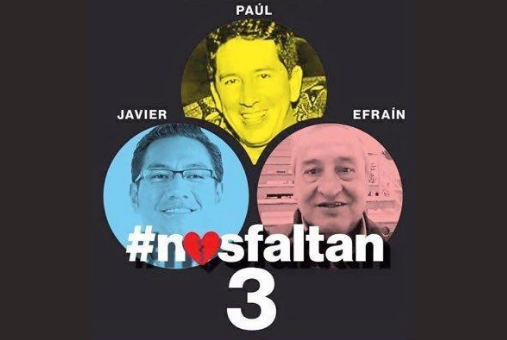
The Colombian and Ecuadoran governments confirmed that three bodies found in Tumaco, Colombia belong to the El Comercio reporting team that was abducted on March 26 while reporting in the border region.

Colombian President Juan Manuel Santos posted on Twitter on June 21 that three bodies were found that could belong to a team of journalists and their driver who worked for Ecuadoran newspaper El Comercio and were reportedly killed in a border region by a dissident group of the FARC.
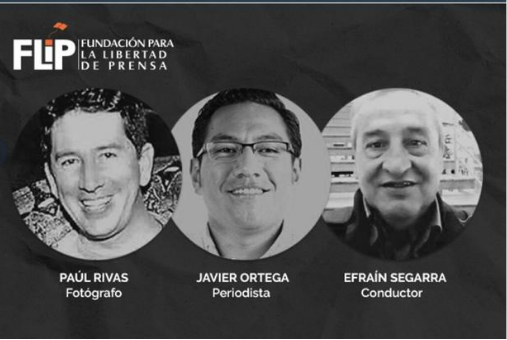
Three bodies that could belong to two Ecuadoran journalists and a driver for newspaper El Comercio were found in Colombia, 88 days after the team was abducted near the border of the two countries.
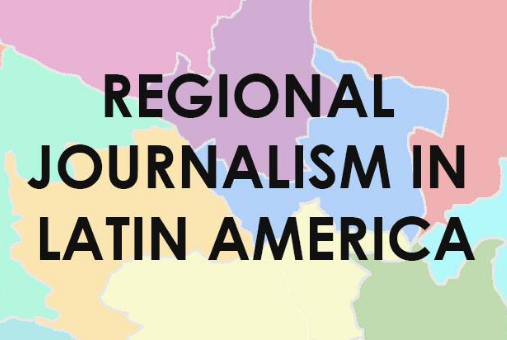
With the digital technological revolution of recent years and the crisis of the conventional business model of the newspaper industry –which until the beginning of this century was largely based on advertising revenues– many of the major newspapers have prioritized national and international coverage, leaving little left over for the regions.
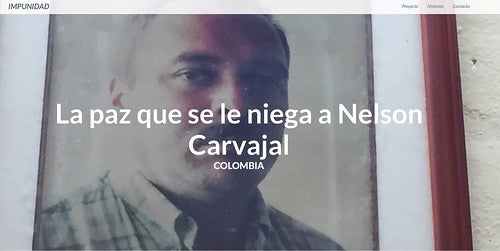
The Inter-American Court of Human Rights (IACHR Court) found the Colombian State responsible for the 1998 murder of journalist Nelson Carvajal Carvajal, and for a failure to guarantee the victim’s right to freedom of expression.
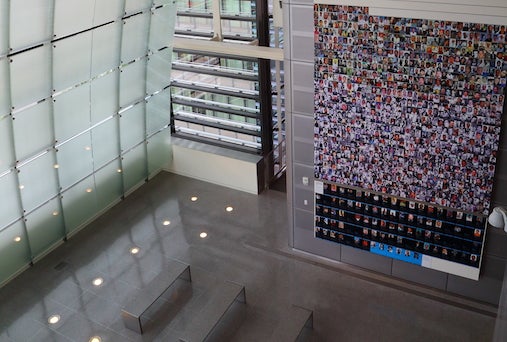
The names of two journalists from Mexico and another from Colombia will be added to the Journalists Memorial at the Washington, D.C.-based Newseum.